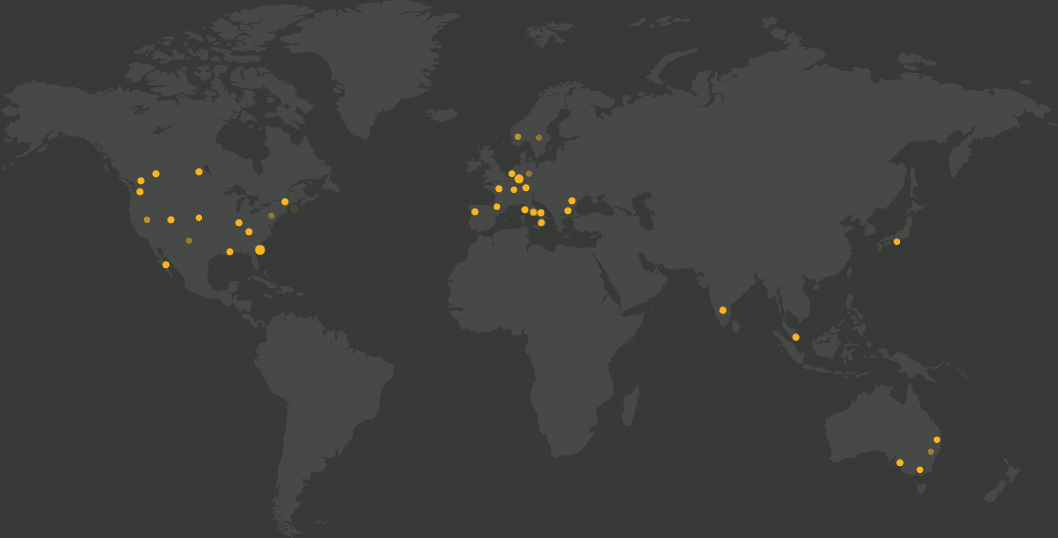Content management error: Header Banners should not be placed in the Navigation placeholder!
Will robots take my job?
Posted 23 January 2020Content management error: Generic Content Banners should not be placed in the Navigation placeholder!
With the exponential advancement of our digital space, many people have started to express their concern about whether robots and AI will eventually steal their jobs.
With such worries in place, many workers are viewing technology as a threat and competitor, rather than perceiving it as an opportunity.
What are the implications of this rapid technological advancement and how can we embrace the change for the betterment of human life?
Content management error: Generic Content Banners should not be placed in the Navigation placeholder!
Opportunity, not a threat
In fact, technology has already taken over 90% of the jobs that humans used to do. Life before the first industrial revolution was very different to what we see now, and the workforce was no exception. At the time, most workers were employed in the agricultural industry and jobs such as knitting/sewing were key occupations pursed by many. Now, less than 2% of people work in agriculture, not to mention the near-extinct manual knitting and sewing industry.
Despite the huge shifts that resulted from each industrial revolution, people learnt to adapt to the labour in demand and embrace the change. This fourth industrial revolution is no exception. If we build the resilience to adapt and stay determined to embrace change as an opportunity not a threat, we can improve the wellbeing and happiness of our society. We can also re-focus the time and effort previously expended on technology-replaced-tasks, utilising it to tackle issues that require more human attention.
Content management error: Generic Content Banners should not be placed in the Navigation placeholder!
AI in the workplace
Businesses have started adopting AI and machine learning technologies into their corporate strategies, replacing various manual, mundane or repetitive processes to boost efficiency and using data analytics to personalise user experiences.
Of course, employees previously involved in these manual tasks are impacted by the adoption of such technologies. However, we must be mindful that technology cannot be adopted and managed without human input. Additionally, there are multiple skills or activities that robots can’t and will never be able to do better than humans. With the right planning and preparation, we can ensure that our workforce remains futureproof.
Content management error: Generic Content Banners should not be placed in the Navigation placeholder!
Futureproofing the workforce
The Adecco Group recently conducted a study investigating how the upcoming Generation Z’ers perceive the future of work and leadership. 5,000 ambitious Gen Z’ers on a leadership track were asked what they believe the future of C-suite will look like. Interestingly, 70% of them believed that soft skills will be more important than hard skills for future leaders, with the number one skill they prioritised for leaders being the ability to successfully manage people and teams.
Communication, emotional intelligence and creativity came next on the list, all of which are soft skills that robots and AI fail to excel in. As such, automation in the workplace can give us the space and flexibility to develop skills necessary to complement technology. Employee training programs must therefore be adjusted to reskill employees and we must also ensure that this shift in demand is reflected in our educational systems.
Undoubtedly, the fourth industrial revolution will continue to surprise us with unexpected changes and fluctuations. It is our responsibility to decide how to respond – we can rigidly spend time worrying about securing our current jobs or rather embrace the change as an opportunity to advance the wellbeing of our society.
Content management error: Generic Content Banners should not be placed in the Navigation placeholder!
We are global leaders
